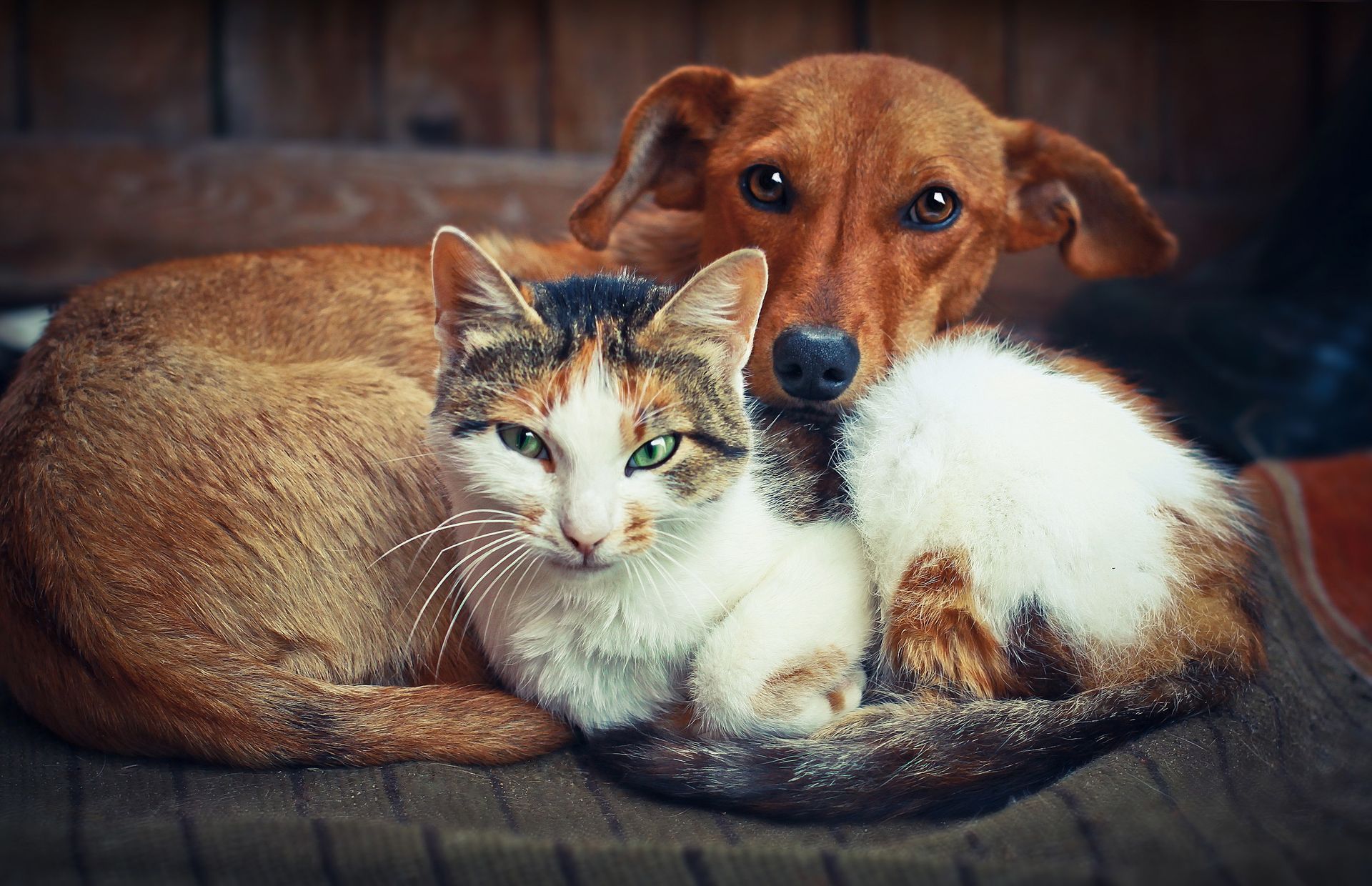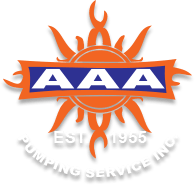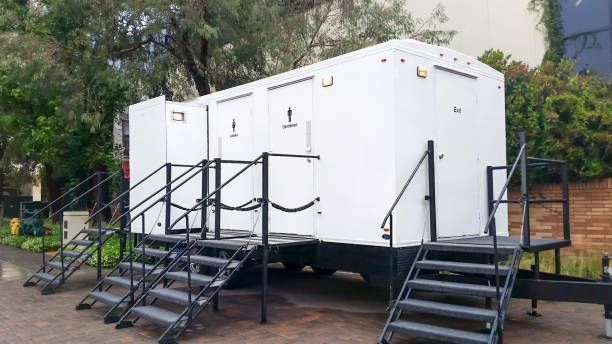Septic Systems and Pets — Important Things to Note

An efficient septic system is critical for a functional and comfortable home. In addition, the system holds all the wastewater from your home, so if the system fails, you can have a major backup.
While numerous things, such as age and inadequate maintenance, can affect a septic system's longevity, pet ownership is one overlooked factor that can significantly impact the septic system. Read on to learn how pet ownership can affect a septic system and how you can protect your investment.
Pet Waste
Your septic tank’s biome is meant to handle bacteria that is mostly found in human waste. Pet waste introduces other kinds of bacteria to the system, which can harm the biome. The septic tank depends on a delicate balance between bacteria and other substances to break down waste efficiently. When added to the system, pet waste can disrupt this balance, causing the septic tank to back up or overflow.
Furthermore, pet waste may contain hair, which adds to the risk of clogs in the septic tank. To avoid such issues, clean up pet waste and dispose of it in the trash instead of flushing it down the toilet or sink. You may also train your pet to do its business in a certain area of your yard, such as an unused corner.
Pet Products
Pet-related products, such as pet shampoo, can negatively impact the septic system. The reason is that these products may contain chemicals too strong for the septic tank's bacteria to process and thus cause clogs or damage to the system.
Before you use any products on your pet, check the ingredients to ensure the products don't contain harsh chemicals. The same applies to pet wipes. While you may be tempted to flush them down the toilet, the wipes don't disintegrate, which can lead to clogs. Similarly, don’t flush kitty litter down the toilet.
Pet Foods
Your pet may leave some food in the feeding bowl, and if you are not careful, some of the pieces may end up in the sink or toilet. The food particles may seem small but can cause major damage to the septic system's pipes.
For example, some pet foods expand when in contact with water, so the particles will take up a lot of space and cause clogs. The secret to avoiding this issue is cleaning the pet's bowl every time it eats and ensuring no food particles enter the sink. Instead, dispose of the leftover food in the trash.
You may also get an automatic cat feeder, which will reduce the chances of food particles going down the drain.
Pets Digging the Drainfield
Pets may be tempted to dig the drain field, part of your septic system where wastewater is distributed over a wide area. However, digging can increase the risk of pipe damage, which may affect the septic system's efficiency. To avoid this issue, you can set up a fence around the drain field area to keep pets away.
Pet Hair
Your furry friend may shed a lot of hair, which may end up in the septic system during a bath. The hair takes a long time to break down, so it may cause clogs and lead to septic system failure. The trick to avoiding this problem is using a drain filter that traps all hair and debris from entering the pipes. You can also brush your pet regularly to reduce the amount of hair it sheds when bathed.
Owning a pet is certainly rewarding, but it can also affect your septic system if you are not careful. Keeping the tips above in mind will help you protect your septic system from potential damage. Plus, invest in regular inspections and maintenance by professionals to ensure your septic system is in good condition.
You can trust us at AAA Pumping Service, Inc., to handle all your septic needs. Our team of professionals is highly trained and experienced to provide you with the best services. We will also advise you on how to care for septics with pets around. Contact us today for more information.
Contact Information
Address: 2855 2nd Street Southwest , Albuquerque, NM 87102
Phone: 505-345-3965
Payment Options







